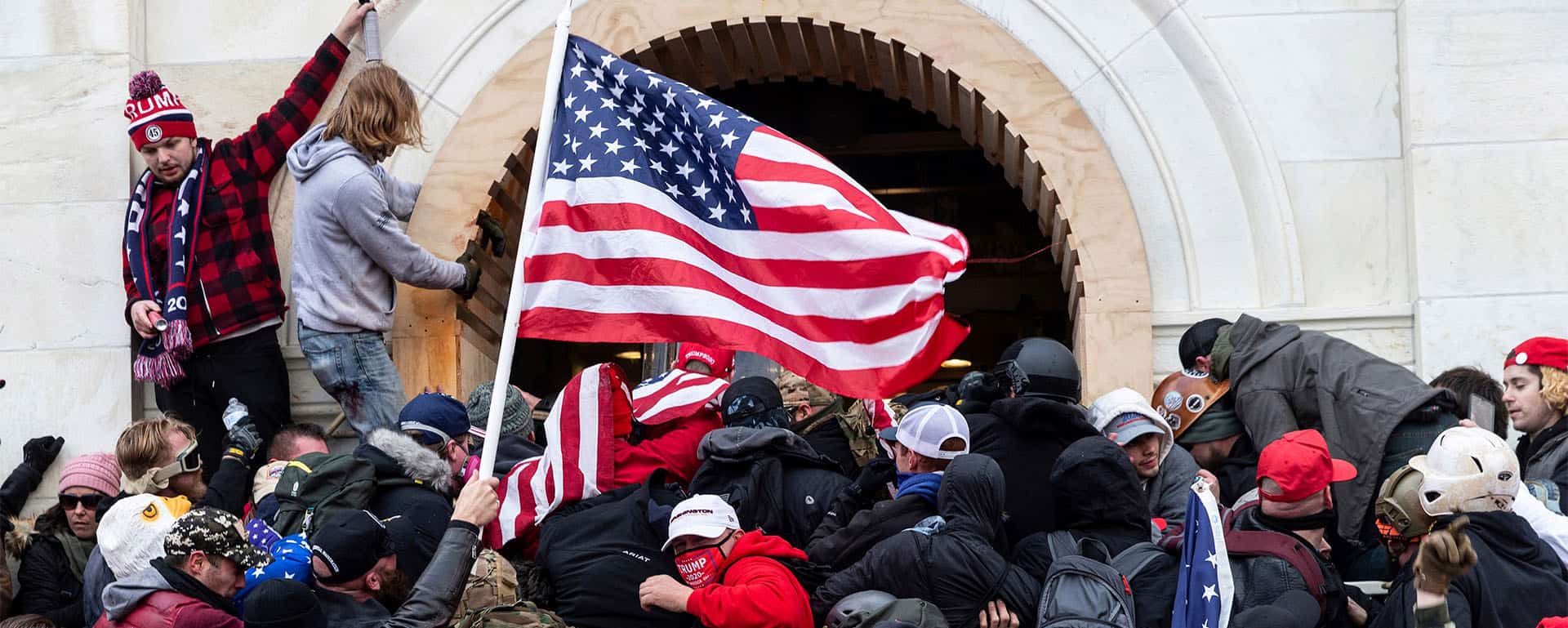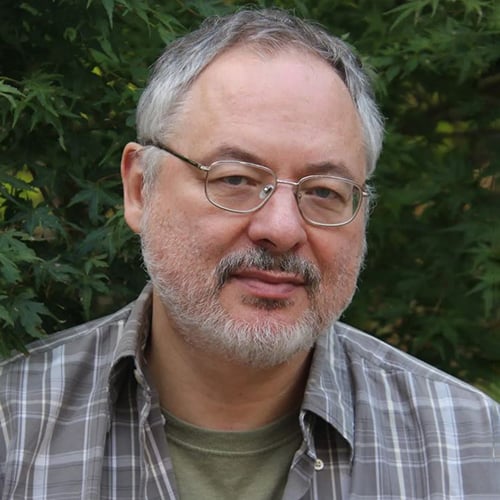POLITICAL INSTABILITY MAY LEAD TO MORE MASS PROTESTS IN THE FUTURE
CSH Team Leader Peter Turchin reflects on the one-year anniversary of the Capitol insurrection in an interview with the Swiss daily newspaper Neue Zürcher Zeitung.
Peter, who published a cautionary forecast in Nature in 2010 in which he predicted the West would experience political chaos a decade later, sees American society as still very fragmented and isn’t very optimistic about the coming years.
“The problem is not only the rift between Democrats and Republicans, but also cracks within the parties: Trump supporters versus Trump opponents, different factions among Democrats. That’s a typical fragmentation situation—and it hasn’t gotten any better in recent months,” says Peter to the NZZ a year after the storming of the Capitol.
At the Hub, Peter leads a team working on Social Complexity and Collapse. Peter and his colleagues are currently building a “Crisis Databank”. The project brings together data on historical crises from prehistory to the twentieth century to identify what drives periods of political turmoil and how societies emerge from them.
THE BOOK THAT MADE PETER “MISTER DOOM”
According to Peter, we have entered an “Age of Discord”, defined as “failure of cooperation”, a subject he has written about in his book “Ages of Discord: A Structural-Demographic Analysis of American History,” published 2016.
The structural trends driving instability have been intensifying since the 1970s, Peter says, like declining real wages, a growing gap between rich and poor, an intra-elite competition, and increased polarization between political parties.
Peter sees signs of increasing inequality and fiercer competition within the elite. “Today we have about five times as many centimillionaires and decimillionaires in proportion to the population as we did fifty years ago”, he explains in the NZZ, adding that many of them want to run for political office in the US. “Competition is getting tougher and so there are more and more frustrated losers with political ambitions. This is a recipe for political turbulence.”
LESSONS FROM THE PAST
In order to counteract a social breakdown, Peter advises to look at the past and learn from previous successful political and social reforms. “That could mean, for example, that we turn off the redistribution pump that directs money from the 99 percent to the one percent. This alleviates impoverishment and prevents further overproduction by the elites,” he says.
If we fail to address the underlying causes of instability, including unfair wages, the loss of legitimacy of governmental institutions, or the overproduction of elites, we will have worse episodes in the future, he states in another article. “Like tectonic plates moving slowly but surely building friction and eventually erupting in an explosive crescendo, sociopolitical pressures accumulate and build, similarly culminating in potentially earth-shaking events like insurrections, revolutions, or civil wars,” Peter predicts.


